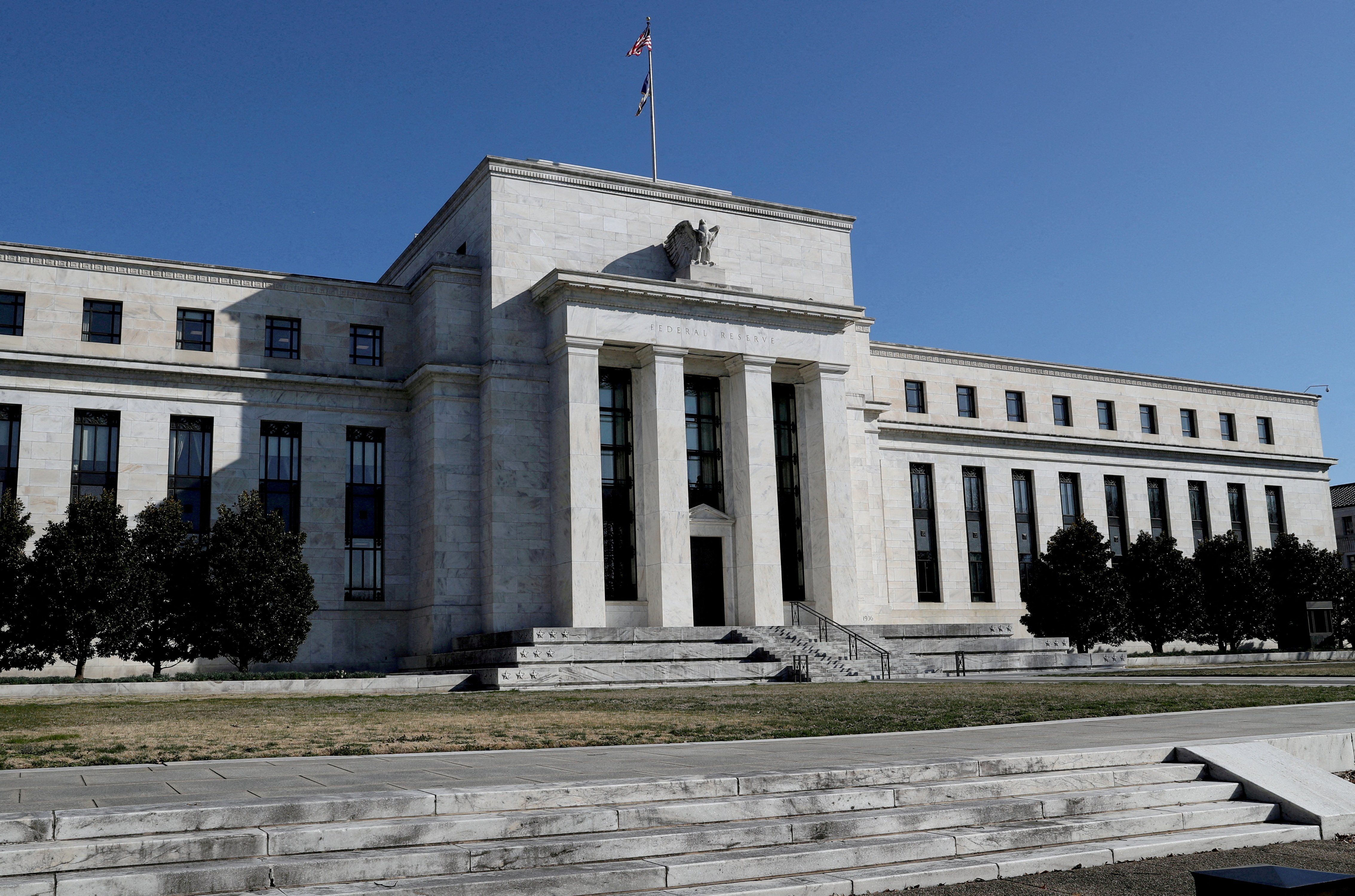US markets rebounded Tuesday, temporarily calming fears that the collapse of Silicon Valley Bank might trigger a domino effect that makes both investors and ordinary Americans lose confidence in the banking system. But the uncertainty ain’t over yet.
With the stakes so high, who you gonna call? No, not those guys. We mean the Federal Reserve.
Many of SVB's problems can be traced back to interest rates, which are the Fed’s thing. If you lean right, you probably think SVB’s financial ruin is the result of near-zero rates that made lending too cheap. But if you’re on the left of the political spectrum, you likely blame the bank's demise on the Fed reversing that policy and jacking up rates too much, too fast, which pushed up the cost of borrowing and ultimately killed SVB’s balance sheet.
That's all water under the bridge. What matters now is the Fed's next move.
The US central bank will decide on March 21-22 whether to hike rates further or leave them be. And the Fed is coming under growing pressure to do the latter to calm down jittery investors, Americans worried about the safety of their deposits, and uneasy foreign markets.
On the one hand, a fresh hike would make sense because inflation — the whole reason to increase rates in the first place — remains too high. Indeed, the US Consumer Price Index, which dropped Tuesday, showed that year-on-year inflation eased last month to 6%. Not bad, but still far from the Fed's 2% target.
Yet, holding off (for now) on rate hikes might signal that the Fed is bullish on US regional banks surviving the SVB fallout. Also, the job market is still tight, which reduces the odds of a US recession in 2023.
Don’t forget: A lot has happened in the financial world since SVB crumbled last Friday. And a lot more can still happen by the time the Fed has to make its call.